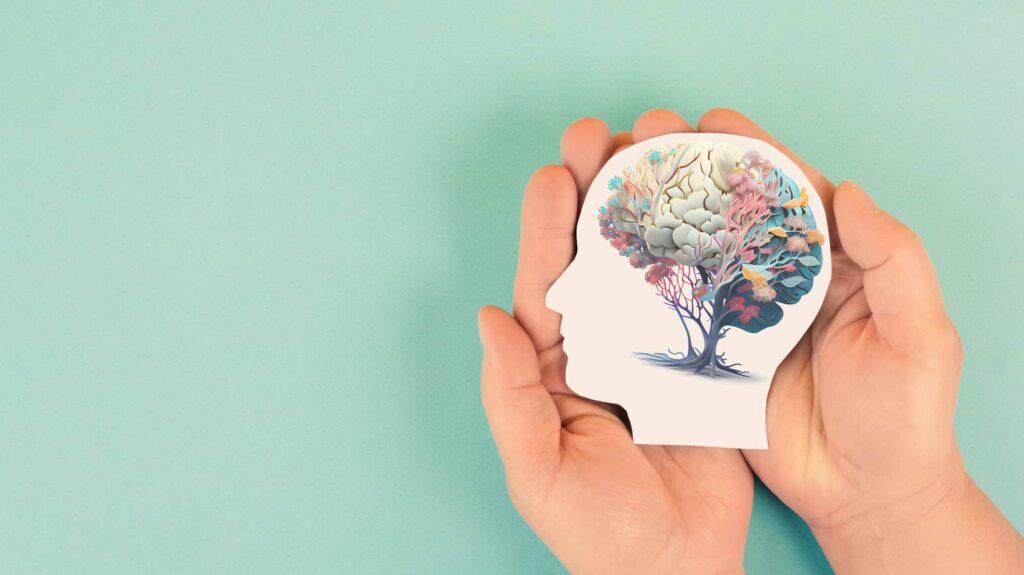Zinc is a vital mineral responsible for various bodily functions, including immune support, wound healing, and DNA synthesis. A zinc deficiency occurs when the body lacks sufficient zinc, leading to various health complications.
Symptoms of Zinc Deficiency
Recognizing the signs of zinc deficiency is crucial for timely intervention. Common symptoms include:
-
Frequent infections due to weakened immunity
-
Slow wound healing
-
Hair thinning or loss
-
Loss of appetite and taste changes
-
Skin conditions such as acne or eczema
In severe cases, it may cause delayed growth in children and hormonal imbalances in adults.
Causes of Zinc Deficiency
Several factors can contribute to zinc deficiency:
-
Poor Dietary Intake: Diets low in zinc-rich foods, such as red meat, nuts, and dairy products, can lead to deficiencies.
-
Absorption Issues: Conditions like Crohn’s disease or celiac disease hinder zinc absorption.
-
Increased Demand: Pregnancy, breastfeeding, and growth spurts in children require more zinc.
-
Vegetarian Diets: Plant-based diets often lack bioavailable zinc due to phytates that inhibit absorption.
Addressing Zinc Deficiency
Combat zinc deficiency with a nutrient-rich diet including meat, seafood, beans, and fortified cereals. Supplements may also be necessary for severe cases but should be taken under medical advice.
By understanding and addressing zinc deficiency, you can protect your health and improve overall well-being.



